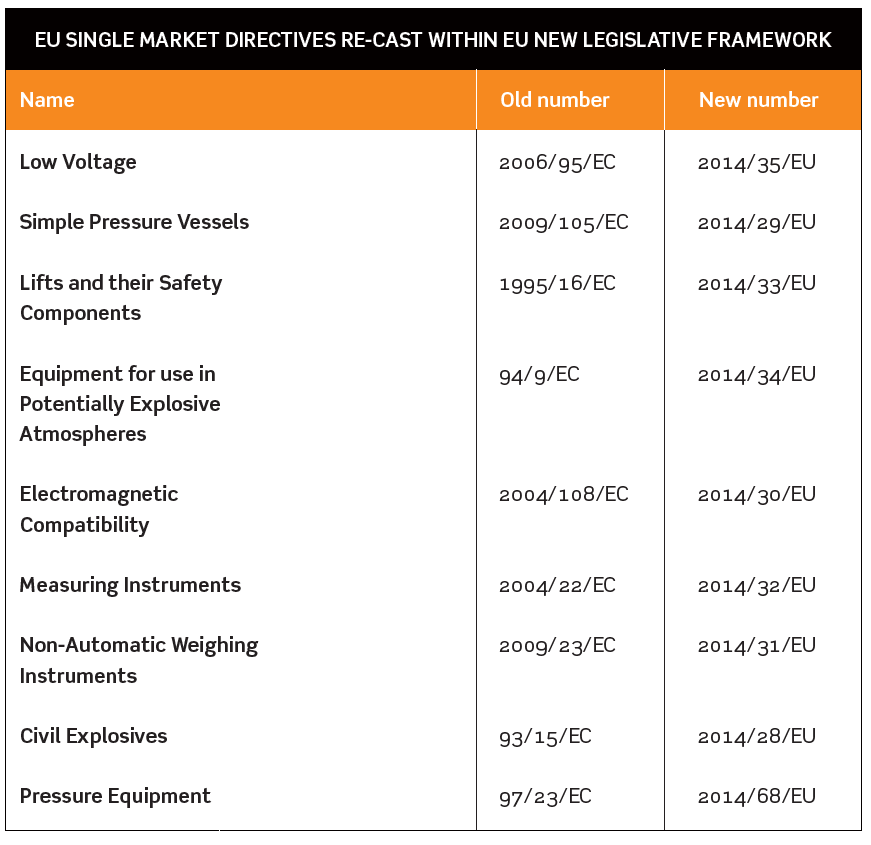Immigration has become one of the largest public policy issues in the UK. According to the Office for National Statistics, net migration reached an all time high of 330,000 in the year to March 2015. Given the long-term demographic impacts and the effect on public services, the UK government has set ambitious targets to reduce the scale of immigration into the UK. Continue reading “A hostile environment for illegal immigrants: the Immigration Bill 2015”
Shale gas: the developing regulatory regime
One of the challenges facing the shale gas industry is grappling with the different regulatory regimes in each jurisdiction. The UK provides an interesting illustration of these challenges. In England, the Conservative Party supports the progression of the industry. In comparison, the Welsh, Scottish and Northern Irish administrations are taking a more cautious approach. This divergence corresponds with recent commitments made by the UK government to devolve onshore oil and gas licensing powers to Wales and Scotland. Consequently, the latest onshore licensing round, which was announced in August 2015, issued petroleum exploration and development licences to operators in England only. Continue reading “Shale gas: the developing regulatory regime ”
The Court of Appeal clarifies the law on remedies for misrepresentation
The remedies available for misrepresentation depend on whether the misrepresentation was fraudulent, negligent or innocent. If a misrepresentation is fraudulent or negligent, the claimant may claim both rescission and damages under s2(1) of the Misrepresentation Act 1967 (the Act). If a misrepresentation is negligent or innocent, the court has the discretion to award rescission or damages in lieu of rescission under s2(2) of the Act. In the recent case of Geoffrey Alan Salt v Stratstone Specialist Ltd [2015] the Court of Appeal confirmed that the courts have no discretion to award damages for innocent or negligent misrepresentation under s2(2) where the remedy of rescission is not in fact available. Continue reading “The Court of Appeal clarifies the law on remedies for misrepresentation”
Certainties in life… reform to Scottish succession law rules
In last month’s edition of The In-House Lawyer, Alan Eccles mentioned impending changes to Scottish succession law in his article that considered a number of ‘private client’ legal matters for those working in financial institutions and private or family businesses. The Scottish Government recently introduced the Succession (Scotland) Bill (the Bill) into the Scottish Parliament in an attempt to make the law of succession ‘up to date, fairer, clearer and more consistent’. Continue reading “Certainties in life… reform to Scottish succession law rules ”
Renewable incentives in the UK: wholesale legal reform and grace periods
Following the May 2015 election, the UK government has commenced a wholesale reform of the way in which renewable energy is supported and incentivised in the UK.
This reform appears to have been shaped by a drive to slash costs and, as with the early closure of the Renewables Obligation (RO) to large solar PV generating stations (LSGS) (generating stations with an installed capacity greater than 5 MW) in March 2015, the proposed changes are likely to lead to a short-term boom in renewables deployment, followed by a run-off period where fewer generating stations are accredited under specific time-limited exemptions (commonly referred to as grace periods). Continue reading “Renewable incentives in the UK: wholesale legal reform and grace periods”
United States Citizenship and Immigration Services: L-1 category
The L-1 intra-company transferee non-immigrant visa classification was introduced into the Immigration and Nationality Act (INA) with the passage of the Immigration Act of 1970. L-1 visas are available to foreign nationals who have worked for a multinational company outside the United States for one continuous year within the three years immediately prior to their proposed US transfer. The transferring employee must have served the company in an executive, managerial or specialised knowledge capacity and be transferring to the US in a similar position. The L-1A visa is accorded to executive and managerial personnel, and the L-1B visa is granted to employees with specialised knowledge – having been created to promote flexibility for US companies in an increasingly globalised and dynamic marketplace. Continue reading “United States Citizenship and Immigration Services: L-1 category ”
Courts will not rescue parties to a disastrous bargain
Cases involving the proper approach to contractual interpretation only infrequently warrant determination by the Supreme Court as the ‘rules’ have been comparatively settled for some time. There have, however, been indications of a growing tendency of the courts to resolve unattractive interpretations based on the strict wording of contracts by reference to ‘commercial common sense’ that requires an alternative interpretation. In response to these decisions, the Supreme Court’s decision inArnold v Britton & ors [2015] has re-established the supremacy of the principle that the intention of the parties to a contract should, with very limited exception, be derived from the natural meaning of the words they have chosen to use. Continue reading “Courts will not rescue parties to a disastrous bargain”
Licence to assign: some practical tips
Almost all commercial leases prevent the tenant from assigning the lease without obtaining consent from the landlord. Disputes often arise and landlords, in particular, have to act quickly. The consequences of making a late decision are often no better than making the wrong decision: in either case, the landlord may end up with an undesirable new tenant or be stuck with a disgruntled existing tenant seeking damages. It is therefore important for both landlords and tenants to understand when the landlord is entitled to refuse consent. Continue reading “Licence to assign: some practical tips”
Unlocking the hidden value in business processes
Nearly every business uses Excel for straightforward accounting tasks, but for corporate legal departments dealing with multiple matters involving external legal service providers, specialised budgeting software brings significant business benefits. Although Excel is a useful repository for financial information and facilitates financial analysis, this requires manual collecting, inputting and updating data. Accurate financial planning, reporting and forecasting require relevant, timely and complete information. When it comes to legal services provision, much of this information is held by external law firms and Excel offers no easy way to track, manage and compare outsourced services and suppliers. Furthermore, once a system has been set up in Excel, it is not easily changed or reconfigured.
Continue reading “Unlocking the hidden value in business processes”
Insolvency within the supply chain
All businesses are susceptible to risks in the supply chain and most businesses will come across insolvency issues as a result of supplier insolvency or customer insolvency at some point in their life. The insolvency of a key supplier or customer can have a significant impact on a business and in some cases it can even be fatal, so it is important for companies to be aware of those risks.
Can the Human Rights Act really be ‘scrapped’ and would it make any difference?
The Human Rights Act 1998, introduced by the Labour government and in force since October 2000, has been the subject of much controversy. In particular it has been blamed for preventing the government from being able to remove illegal immigrants from the United Kingdom. The Conservative government’s desire to ‘scrap’ the Human Rights Act is undoubtedly linked to immigration being a hot topic in politics and the perceived need to reduce net migration.
Continue reading “Can the Human Rights Act really be ‘scrapped’ and would it make any difference?”
Know your supply chain: current issues for chemicals and product stewardship
This article presents an update on some key areas in chemicals regulation and product stewardship. A central theme is the importance of businesses having reliable control of the information available through their supply chains, without which compliance is much harder to achieve and reputational risks much greater.
Continue reading “Know your supply chain: current issues for chemicals and product stewardship”



